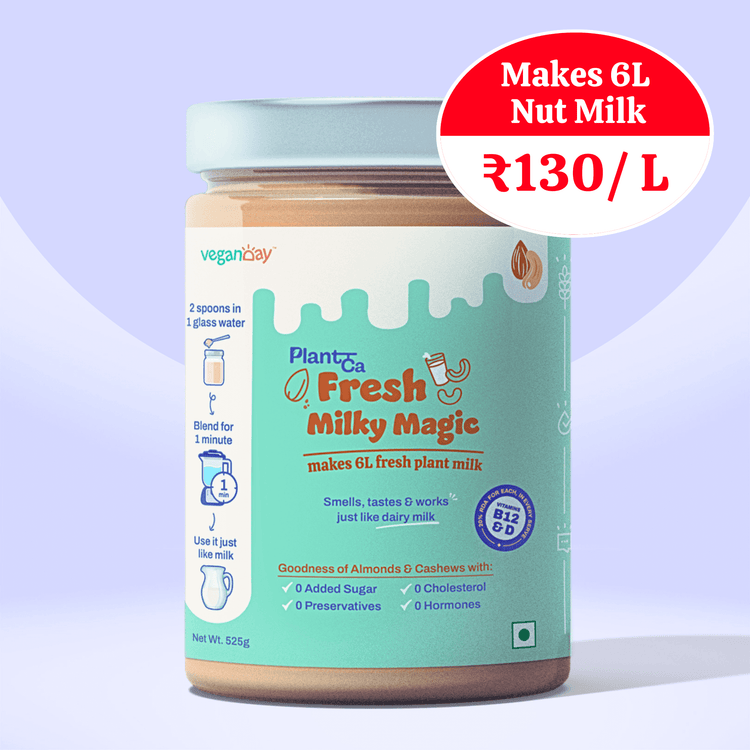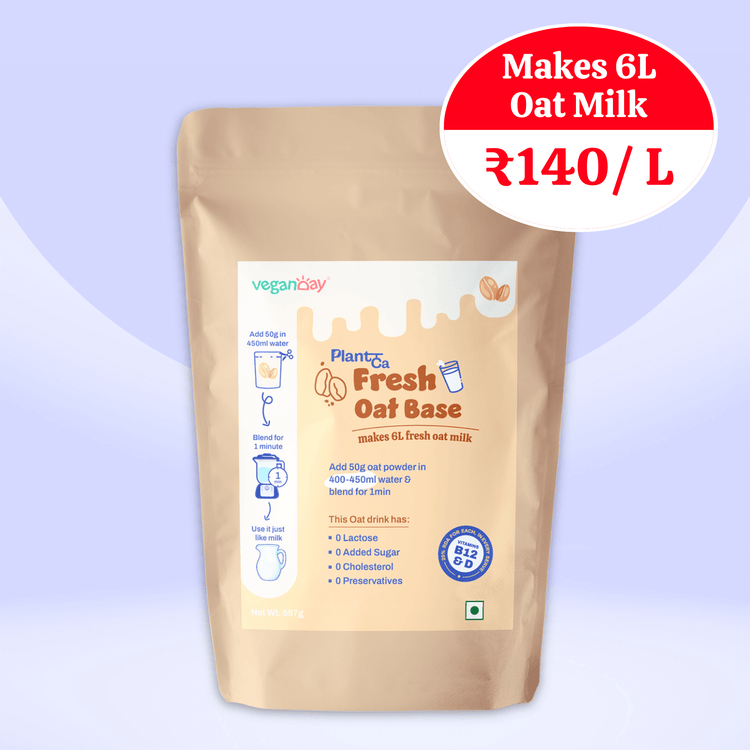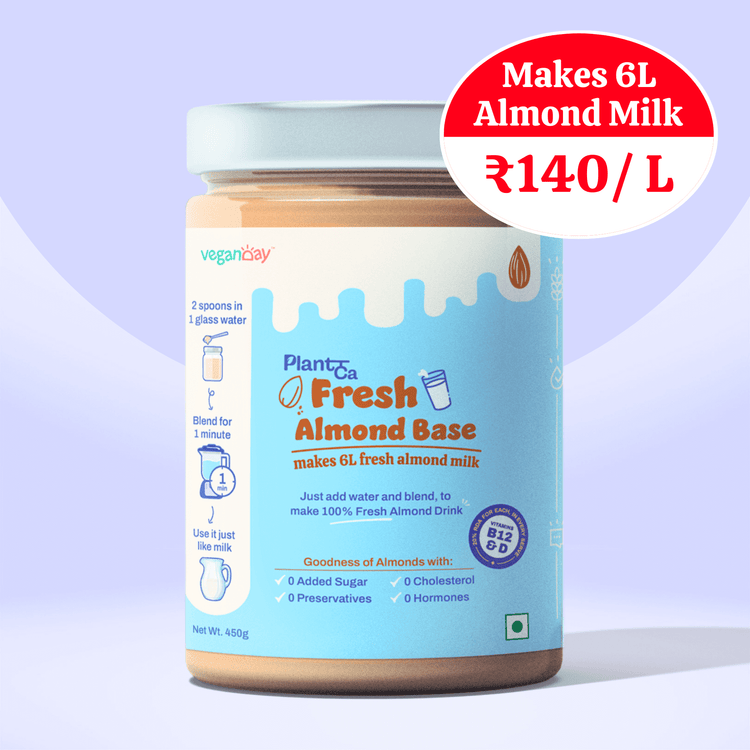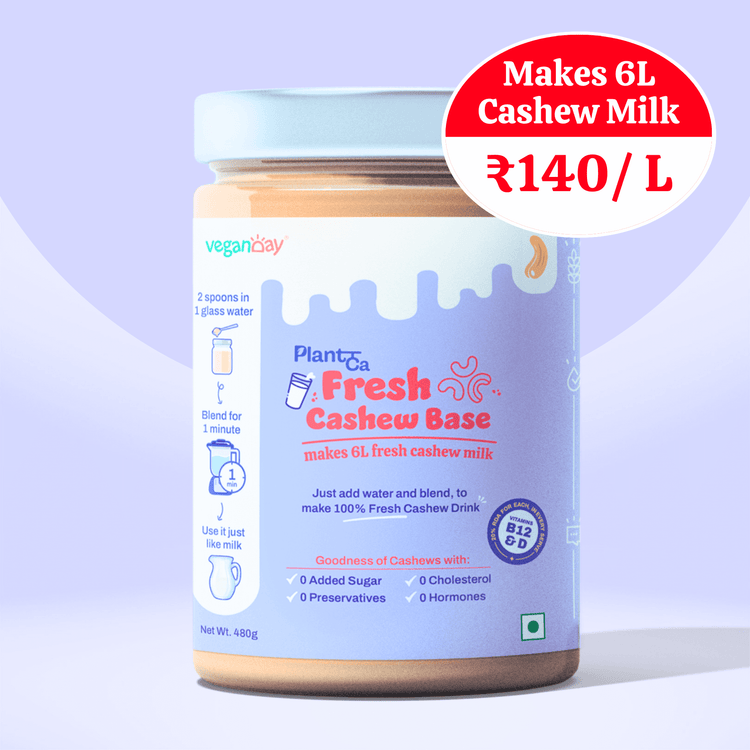Endurance sports, such as marathon running, cycling, swimming, and triathlons, demand sustained physical effort over long durations. To perform optimally, endurance athletes require a diet that not only meets their energy needs but also supports recovery, reduces inflammation, and promotes cardiovascular health. A whole food, plant-based (WFPB) diet is increasingly recognized as a powerful tool to meet these requirements.
Nutrients play a pivotal role in endurance sports. Carbohydrates serve as the primary fuel, proteins aid in muscle repair, and healthy fats support hormonal function and long-lasting energy. Additionally, vitamins, minerals, and antioxidants are crucial to reduce oxidative stress and inflammation caused by prolonged exercise. A WFPB diet naturally provides all these nutrients in abundance, without the added cholesterol or saturated fats found in animal products.
Whole grains like brown rice, oats, and quinoa provide complex carbohydrates that fuel extended physical activity. Legumes, tofu, tempeh, and lentils supply high-quality plant proteins needed for muscle repair. Leafy greens, berries, nuts, seeds, and colorful vegetables are rich in antioxidants, iron, calcium, and essential micronutrients. Plant-based fats from avocados, flaxseeds, and walnuts offer omega-3s that support joint and brain health.
Why are top athletes turning plant-based?
Athletes are increasingly turning to plant-based diets for improved performance, faster recovery, and reduced inflammation. Research shows that a well-planned vegan diet can provide all the essential nutrients while enhancing endurance and energy levels. Many also cite ethical and environmental motivations, aligning their personal values with their lifestyle choices. With growing awareness and success stories across sports, plant-based living is no longer just a trend—it's a performance-driven shift.
The first vegan to summit Mt. Everest, Joisher has climbed some of the toughest peaks in the world on a 100% plant-based diet. His endurance and strength highlight how plant-based nutrition supports extreme physical challenges.
What does the research say?
Research and anecdotal evidence show that athletes on plant-based diets often experience quicker recovery times, improved endurance, better digestion, and reduced muscle soreness. Prominent endurance athletes like Scott Jurek and Rich Roll have attributed their performance boosts to plant-based eating. Compared to animal-based diets, plant-based diets tend to reduce systemic inflammation, lower the risk of heart disease, and improve blood flow — all crucial for endurance performance.
However, diet is just one piece of the puzzle. Adequate hydration, quality sleep, consistent training, and stress management are equally important for an athlete’s success. Supplements like vitamin B12, vitamin D, and iron (when necessary) should be considered to fill any nutritional gaps.
Guidelines for a Healthy Plant-Based Endurance Diet
- Eat a variety of colourful whole foods daily to cover your nutrient bases.
- Prioritize complex carbs pre-workout and protein-rich foods post-workout.
- Include plant-based omega-3s for recovery and brain health.
- Don’t fear healthy fats — they’re essential for energy and hormone function.
- Monitor vitamin B12, iron, and vitamin D levels with periodic check-ups.
Choosing a WFPB diet for endurance sports is not just a dietary preference—it’s a performance advantage. With mindful planning and whole foods, plant-powered athletes can go the distance, naturally.
Sources:
- Academy of Nutrition and Dietetics: Position on Vegetarian Diets (2016)
- "The Plant-Based Athlete" by Matt Frazier & Robert Cheeke
- Journal of the International Society of Sports Nutrition, 2019
- Rich Roll Podcast, Episode 499: “The Power of a Plant-Based Diet in Endurance Sports”






